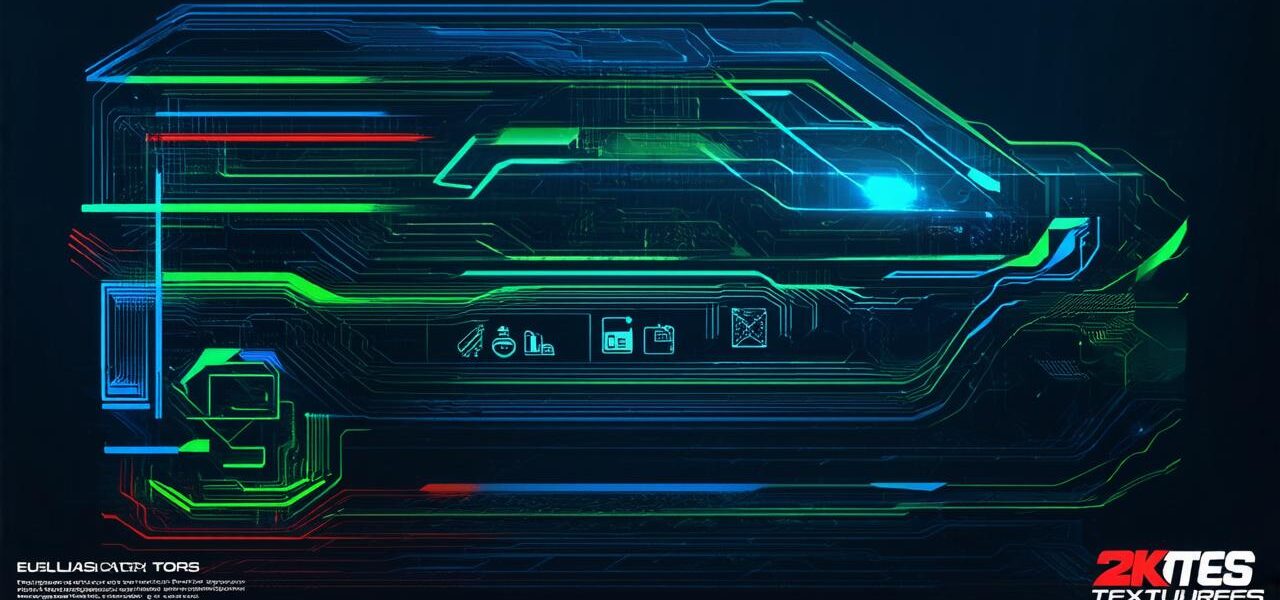
Qualifications Required to Become a Blockchain Developer
In recent years, blockchain technology has become increasingly popular and widely adopted in various industries.
Essential Skills for Blockchain Development
Programming Languages
Blockchain development requires a strong foundation in programming languages such as Solidity (for Ethereum), Vyper (a high-level language for Ethereum), Java, C++, and Python. These languages are used to write smart contracts, which are self-executing programs that govern the behavior of a blockchain network.
Blockchain Platform Knowledge
It is important to have a deep understanding of various blockchain platforms such as Ethereum, Bitcoin, Hyperledger, and Ripple. You should be able to explain how these platforms work, their architecture, and their key features.
Cryptography and Security
Blockchain networks are only as secure as the cryptographic algorithms that protect them. A strong understanding of cryptography and security concepts is essential for blockchain development. You should be able to implement secure coding practices and design secure smart contracts.
Data Structures and Algorithms
Blockchain development requires a strong foundation in data structures and algorithms. You should be able to analyze complex problems, design efficient algorithms, and optimize code for performance.
Cloud Computing and DevOps
Blockchain networks are often deployed on cloud platforms such as AWS, Azure, and Google Cloud. A good understanding of cloud computing and DevOps practices is important for blockchain development. You should be able to deploy smart contracts on cloud platforms, manage infrastructure, and monitor network performance.
Software Development Life Cycle (SDLC)
Blockchain development follows the software development life cycle (SDLC), which includes requirements gathering, design, development, testing, deployment, and maintenance. A good understanding of the SDLC is important for blockchain development. You should be able to apply best practices in software development and manage project timelines effectively.
Education and Certifications
for Blockchain Development
Bachelor’s Degree
A bachelor’s degree in computer science, information technology, or a related field is highly recommended for blockchain development. A degree program will provide you with a solid foundation in programming languages, data structures, algorithms, and software development principles.
Master’s Degree
A master’s degree in computer science or a related field can further enhance your skills and knowledge in blockchain development. A master’s degree program will provide you with advanced coursework in blockchain technologies, cryptography, and security.
Bootcamps and Online Courses
Bootcamps and online courses are becoming increasingly popular for learning blockchain development. These programs provide intensive training in programming languages, blockchain platforms, and software development practices. Some popular bootcamps and online courses include Udacity’s Nanodegree program, Coursera’s Ethereum and Blockchain Developer Specialization, and Pluralsight’s Ethereum and Smart Contract Development course.
Certifications
There are several certifications available for blockchain developers, including the Certified Blockchain Developer (CBD) certification offered by the Blockchain Institute and the Certified Ethereum Developer (CED) certification offered by ConsenSys. These certifications demonstrate your expertise in blockchain development and can help you stand out in a competitive job market.
Case Studies: Real-World Examples of Successful Blockchain Developers
Andreas Antonopoulos
Andreas Antonopoulos is a well-known blockchain expert and author who has written several books on the subject. He has worked with various companies in the blockchain industry, including Microsoft, Deloitte, and BitPay. His expertise in blockchain technologies has helped him become one of the most respected figures in the field.
Vitalik Buterin
Vitalik Buterin is the founder of Ethereum, a decentralized platform for building smart contracts and decentralized applications (DApps). He has also worked with various other blockchain projects, including EOS and Bitmain. His expertise in blockchain development has made him one of the most influential figures in the field.
Tim Ferriss
Tim Ferriss is a popular author, entrepreneur, and podcaster who has written several books on productivity and personal development. He has also invested in various blockchain projects, including Dfinity and Filecoin. His interest in blockchain technology has helped him become an advocate for the technology and its potential to revolutionize industries.
Real-World Examples of Blockchain Development Projects
Decentralized Finance (DeFi) Applications
Decentralized finance (DeFi) applications are built on blockchain networks and provide financial services without the need for intermediaries. These applications include decentralized exchanges, lending platforms, and insurance providers. DeFi applications have become increasingly popular in recent years, and their development requires expertise in smart contract programming and cryptography.
Supply Chain Management Systems
Blockchain technology is being used to improve supply chain management systems by providing transparency, traceability, and security. Blockchain-based supply chain management systems can help reduce fraud, optimize inventory, and improve customer satisfaction. The development of these systems requires expertise in blockchain programming, cloud computing, and DevOps practices.
Voting Systems
Blockchain technology is being used to develop secure and transparent voting systems that can help increase voter turnout and reduce fraud. Blockchain-based voting systems can provide voters with greater privacy and security while ensuring that their votes are counted accurately. The development of these systems requires expertise in cryptography, blockchain programming, and software development practices.
FAQs on Qualifications Required to Become a Blockchain Developer
What programming languages are required for blockchain development?
Solidity (for Ethereum), Vyper (a high-level language for Ethereum), Java, C++, and Python are the programming languages commonly used in blockchain development.
What is a master’s degree in computer science or a related field useful for blockchain development?
A master’s degree in computer science or a related field can provide you with advanced coursework in blockchain technologies, cryptography, and security, which can enhance your skills and knowledge in blockchain development.

What certifications are available for blockchain developers?
The Certified Blockchain Developer (CBD) certification offered by the Blockchain Institute and the Certified Ethereum Developer (CED) certification offered by ConsenSys are two popular certifications for blockchain developers.
Can blockchain development be done without a degree in computer science or a related field?
While a degree in computer science or a related field is highly recommended for blockchain development, it is not strictly necessary. Many successful blockchain developers come from diverse backgrounds and have gained their skills through online courses, bootcamps, and self-study.



